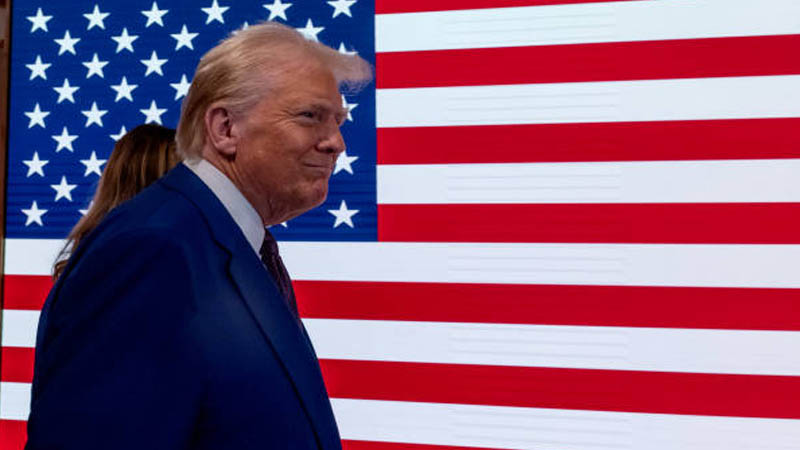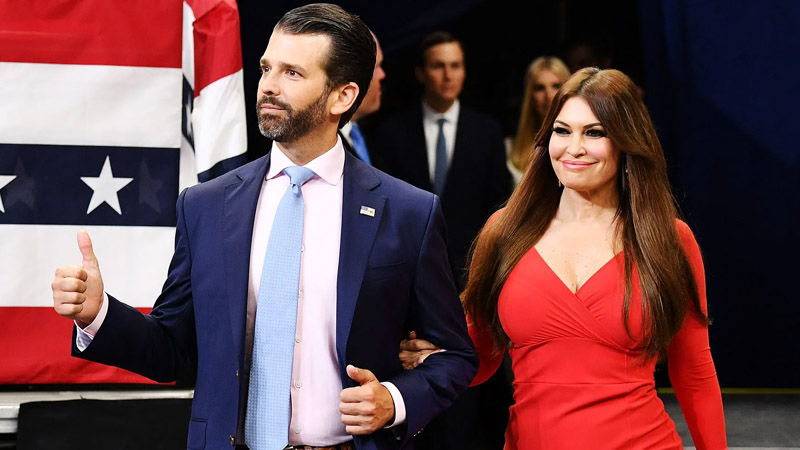Trump Suggests Replacing Income Taxes with Tariffs: ‘Tariffs Will Pay Off Our Debt and Make America Wealthy Again’

(Photo by Spencer Platt/Getty Images)
President-elect Donald Trump revisited his controversial idea on Tuesday of replacing the U.S. income tax system with large-scale tariffs on foreign imports. “The Tariffs, and Tariffs alone, created this vast wealth for our Country,” Trump wrote on his Truth Social platform.
“Then we switched over to Income Tax. We were never so wealthy as during this period. Tariffs will pay off our debt and, MAKE AMERICA WEALTHY AGAIN!” This idea isn’t new for Trump, as he proposed it during his campaign.
However, economists have broadly dismissed the idea as impractical, warning that it could lead to significant inflation in goods and energy, which would hurt American consumers.
Income taxes were first introduced after the Civil War, though they were initially struck down by the Supreme Court. The power of Congress to levy income taxes was solidified with the ratification of the Sixteenth Amendment in 1913.

Before income taxes, the federal government relied heavily on tariffs for revenue, though this method raised only a small fraction of the revenue compared to modern income taxes. It’s unclear exactly what Trump means by suggesting America was wealthier during the period when tariffs were the primary revenue source.
By most economic indicators, the U.S. in the 19th century was far less productive and had poverty rates that were comparable to modern-day India. While it’s unclear to what extent tariffs were responsible for wealth at the time, the last major enactment of protective tariffs, the Smoot-Hawley Tariff in the 1930s, is widely agreed to have worsened the Great Depression and stalled world trade.
Adding to the concerns, recent reports suggest that Trump’s proposed tariffs might not even have the intended effect of boosting U.S. industry. A recent analysis indicated that China could exploit legal loopholes to circumvent tariffs on its exports, which could undermine the entire approach.
While Trump continues to advocate for tariffs as a solution to America’s economic problems, the proposal faces strong opposition from economists and trade experts, who warn of potential economic instability if such a policy were implemented.


